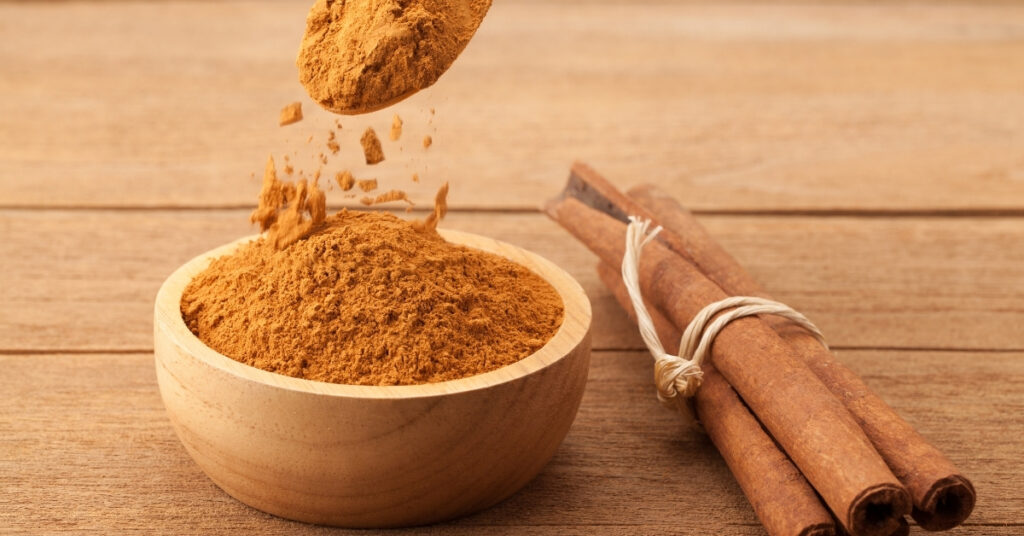We use cinnamon sticks in our daily life as a spice to enhance the flavor of tea, water, or desserts. But do you know that cinnamon has also been used as a medicine for years, which researchers have confirmed now?
If no, then read out the following article. We have jotted down the health and nutritional benefits of cinnamon, and some easy ways to add it to your diet.
An Indian, Sri Lankan, Bangladesh, and Myanmar native, cinnamon is an aromatic & delicious condiment used in sweet and savory dishes in multiple cuisines. There are mainly two types of cinnamon available in the market – Cassia & Ceylon. Both have unique qualities and benefits, which can be great for health; however, Ceylon is most recommended, as it has less coumarin (flavor).
Earlier, people were using it as a medicine based on their experience. But now, modern science has proved that cinnamon is implicit for good health and might protect from various diseases. Some of the benefits of cinnamon are:
- Reduce Inflammation
Inflammation is an integral part of the body that helps repair damages, injuries and fight against infections. However, chronic inflammation can be harmful & needs to be prevented. Cinnamon has anti-inflammatory properties that can be fruitful to avoid chronic inflammation.

- Has Antioxidant properties
Cinnamon has been proved to be effective against oxidative stress caused by free radicals. It is loaded with polyphenol antioxidant that helps the body to fight various diseases. It is one of the top-ranked “Superfoods” that also acts as a natural food preservative.

- Has Anti-diabetic Effects
As per a study, cinnamon is effective to reduce the sugar level in the blood by lowering insulin resistance by interfering with numerous digestive enzymes. People who consumed 1-6 grams of cinnamon daily between 40 days and four months saw a reduction in triglycerides and total cholesterol levels.

- May prevent Alzheimer
Alzheimer’s disease is characterized by progressive loss of functioning of brain cells. Researches have shown that an extract of CEPPT present in cinnamon bark might restrict the buildup of protein in the brain, which is the main reason for Alzheimer’s. According to some reviews, if human research turns effective, cinnamon may be used in developing Alzheimer’s therapy.

- May cut down the risk of Cardiovascular Diseases
Cardiovascular diseases like heart attacks, strokes, etc., are prime reasons for premature deaths, and cinnamon can help cut the risk of these problems. Various researches have shown that it is effective for type 2 diabetes, lowering cholesterol level, blood pressure, etc., which are the significant reasons for increasing heart problems worldwide.

How to Add Cinnamon to Your diet?
Cinnamon is available in powdered form, whole bark or stick, and capsule supplement. You can easily find it in the nearby market or medical store and buy any type at your convenience.
- You can sprinkle cinnamon powder over cereal or in cakes, bread, and sauces.
- You can add a cinnamon stick to your water, juice, tea, etc. It will give your drink a distinctive fragrance and taste.
- It is one of the most aromatic spices. You can add it to curry, sandwiches, soup, and many more.
Are there any Side Effects of Cinnamon?
Consuming a moderate and small amount of cinnamon every day is not harmful. However, if you are taking supplements, it is better to consult with a physician before starting to eat, because it may harm your health.
The Takeaway
Cinnamon has impressive health benefits and fantastic flavor, and you can comfortably it to your daily diet. However, make sure to have Ceylon cinnamon in limited quantity for overall wellbeing.















